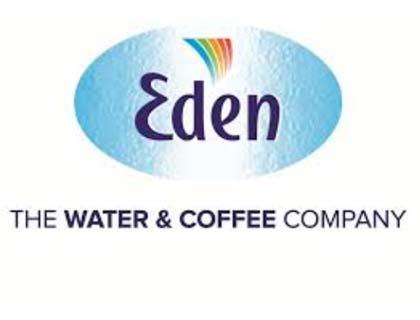0800 011 4531
Call FREE: Mon-Thu: 08:30-17:00 Friday: 08:30-16:00
Water pollution isn’t just a problem for small African villages; it can happen in our own towns and cities. It’s our responsibility to teach our children to think of the future and avoid contributing to this environmental issue. What is real water pollution? When you wash your car, the water and soap running off your driveway and onto the flowerbeds nearby can cause an element of pollution. We often understand how easy it is to move chemical imbalances directly into the ecosystem. What happens to that same water when it runs into the drains and down into the sewage system below? The mixture of chemicals, waste and other particles in water is what causes pollution. Apart from humans, fish in our rivers and seas and animals on our lands also need the same water to be able to survive. When water is polluted beyond an acceptable level our environment and the water cycle are dangerously affected. There are some natural causes which result in water pollution, like the way algae grows to an unacceptable level in lakes, which can cause the death of the fish, and can also make dogs ill when they drink. Animal waste can easily slide into a water supply and during floods and storms anything can be dragged into a water source. Unfortunately, the majority of water pollution is caused by the human population. Fertilisers and pesticides used on farms and chemicals used in factories often find their way into local water supplies. Thinking of the bigger picture, you will have seen oil spills on television news channels. Who didn’t see the 200 million gallons of oil spilt over the Gulf of Mexico just a few short years ago? Air pollution can lead to water pollution Everyone seems to say that the air is not as clean as it used to be. Part of this may be because there is air-pollution where you live. If this pollution becomes too toxic it will combine with the rain falling onto the ground and while it is easy to see the result of algae in swimming pools, it may be many years before you see the effect in lakes and in other water collection areas. The effect on the environment when water pollution is evident can be catastrophic. On occasions, there won’t be enough oxygen in the water for fish to be able to breathe. When small fish absorb chemicals into their bodies, they are eaten by bigger fish, and these may be eaten by birds and other animals which are all passing the pollutants down the chain. When bacteria cannot break down the sewage in water supplies, the water can remain dangerously polluted. For over 1/7 of the world’s population, clean water is something they have never seen and they have to drink polluted water regularly and live in areas where clean sanitation is not possible, which extends the pollution process. Refraining from using weed killer and other chemicals will keep impurities away from the water systems. Just one percent of the water on the Earth is fresh enough to be able to drink naturally, with water treatment and filtration filling the requirement gap – that's where Eden water coolers come in. The more water that is polluted, the larger the struggle is to keep people healthy and hydrated.
